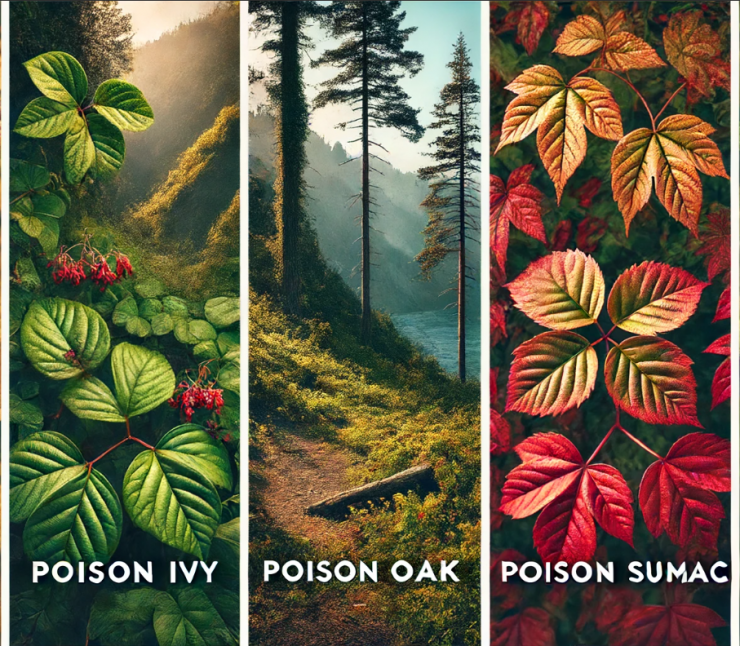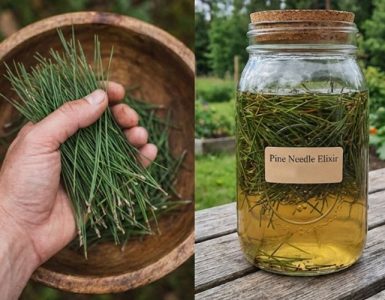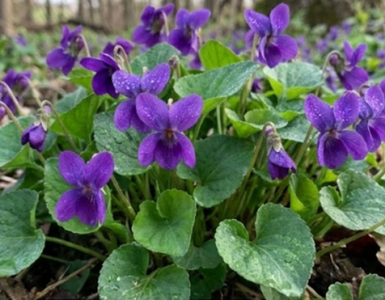Working outdoors can be a refreshing and fulfilling experience, but it also comes with its own set of hazards, including harmful plants like poison ivy, poison oak, and poison sumac. These plants can cause severe allergic reactions and skin irritations, making it crucial to recognize and avoid them. Here’s why you need to steer clear of these plants and how to protect yourself while working outdoors.
Identifying the Culprits
- Poison Ivy (Toxicodendron radicans)
Appearance: Poison ivy typically grows as a vine or small shrub and features clusters of three pointed leaves. The leaves can be glossy or dull, with smooth or toothed edges. In the fall, the leaves often turn red or orange.
Habitat: It thrives in a variety of environments, including forests, fields, and along roadsides. It can climb trees, fences, and walls. - Poison Oak (Toxicodendron diversilobum or Toxicodendron pubescens)
Appearance: Poison oak resembles oak leaves and usually has three leaflets, though it can sometimes have up to seven. The leaves are lobed and can be green or reddish, depending on the season.
Habitat: It is commonly found in wooded areas, grasslands, and along the edges of fields. It can grow as a shrub or a vine, particularly in the western United States. - Poison Sumac (Toxicodendron vernix)
Appearance: Poison sumac is a tall shrub or small tree with 7 to 13 smooth-edged leaflets arranged in pairs, with a single leaflet at the end. The leaves are bright green and can turn red in the fall.
Habitat: It prefers wet, swampy areas, such as wetlands and along riverbanks, primarily in the eastern United States.
Why These Plants Are Dangerous
All three plants contain an oily resin called urushiol, which is found in the leaves, stems, and roots. Contact with urushiol can cause a severe allergic reaction, resulting in an itchy, blistering rash. Here’s why avoiding these plants is essential:
Severe Skin Irritation: Even a tiny amount of urushiol can cause a significant reaction. The rash can appear within hours or up to a week after exposure and can last for weeks.
Spreading: The rash can spread if the oil is not thoroughly washed off the skin, clothes, or tools. It can also be transferred from pets that have brushed against the plants.
Respiratory Issues: Inhaling smoke from burning poison ivy, oak, or sumac can cause serious respiratory problems, as the urushiol particles can enter the lungs.
Protection and Prevention Tips
- Learn to Identify the Plants
Educate yourself about the appearance and habitats of poison ivy, oak, and sumac. Familiarize yourself with their characteristics to avoid accidental contact. - Wear Protective Clothing
When working outdoors, especially in areas where these plants may grow, wear long sleeves, long pants, gloves, and boots. Consider using a barrier cream on exposed skin. - Avoid Direct Contact
Do not touch these plants with bare skin. If you need to remove them, use tools and wear protective gear. After handling, thoroughly wash all clothing, tools, and gloves. - Clean Skin Immediately
If you suspect you’ve come into contact with these plants, wash the affected area with soap and water as soon as possible. Specialized washes, like Tecnu or Zanfel, can help remove urushiol from the skin. - Educate Others
If you work with a team or have family members who spend time outdoors, educate them about the dangers of poison ivy, oak, and sumac and how to avoid them.
Treatment for Exposure
Wash the Area: Immediately wash the skin with soap and water to remove any traces of urushiol.
Apply Calamine Lotion or Hydrocortisone Cream: These can help soothe the itching and inflammation.
Take Antihistamines: Over-the-counter antihistamines can reduce itching and swelling.
Seek Medical Attention: For severe reactions, especially if the rash is widespread or affects sensitive areas like the face or genitals, seek professional medical help.
Avoiding poison ivy, poison oak, and poison sumac is essential for anyone working outdoors. By recognizing these plants and taking appropriate precautions, you can protect yourself from painful and irritating reactions. Stay safe, informed, and enjoy your time in nature without the worry of these troublesome plants.






Add comment